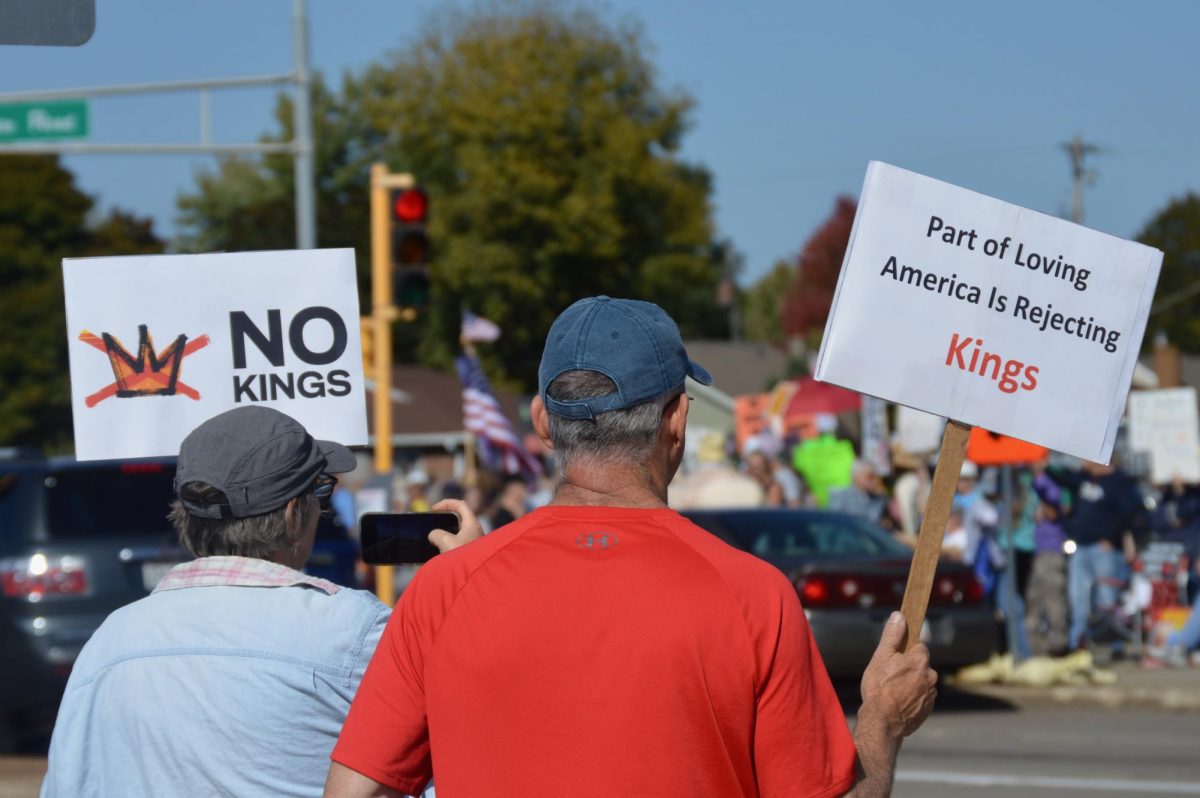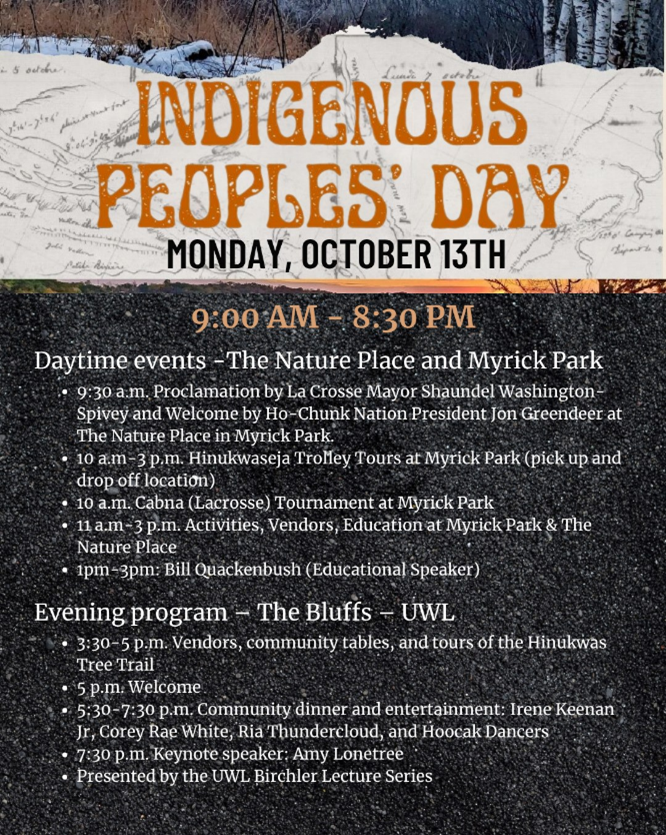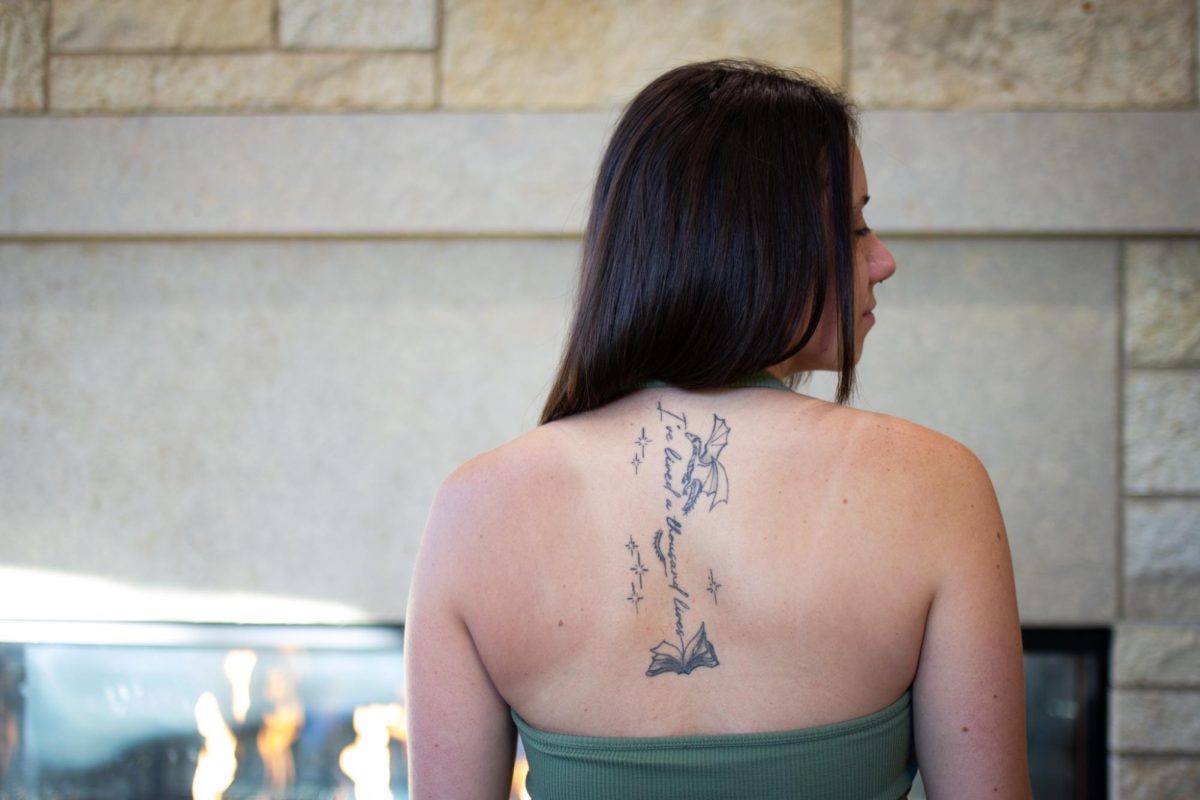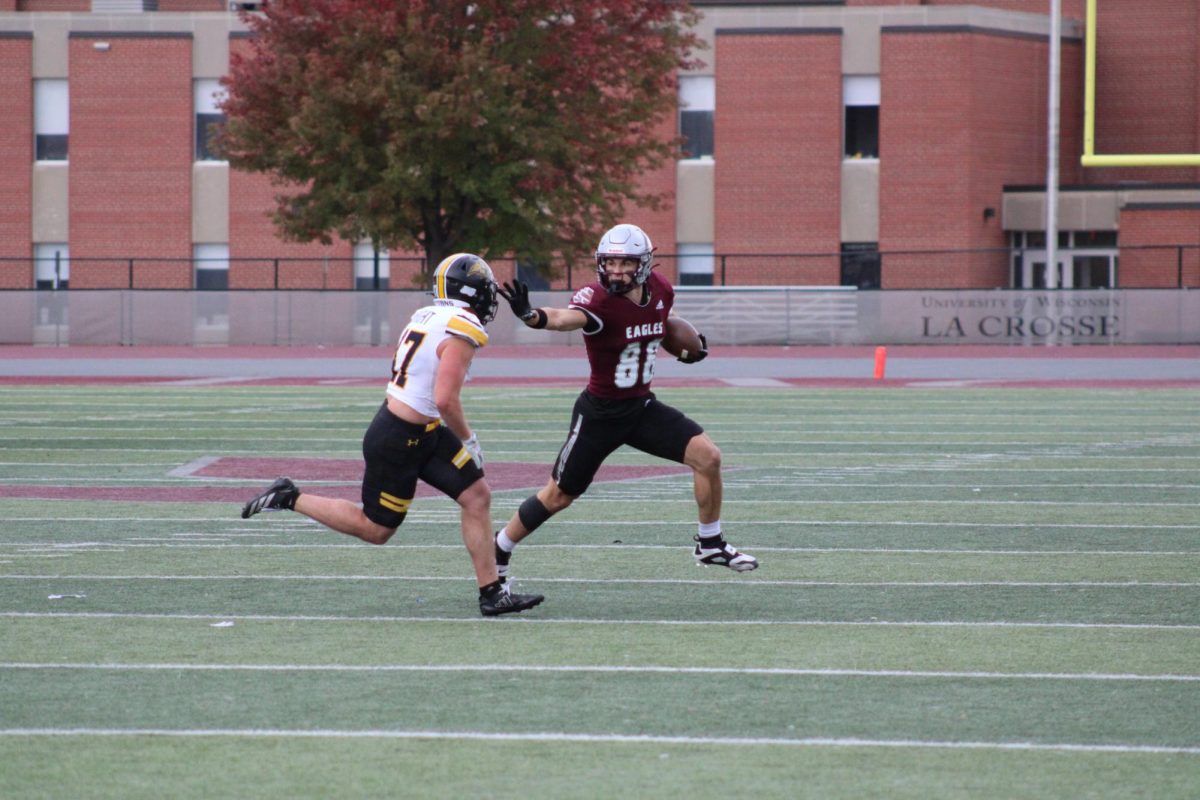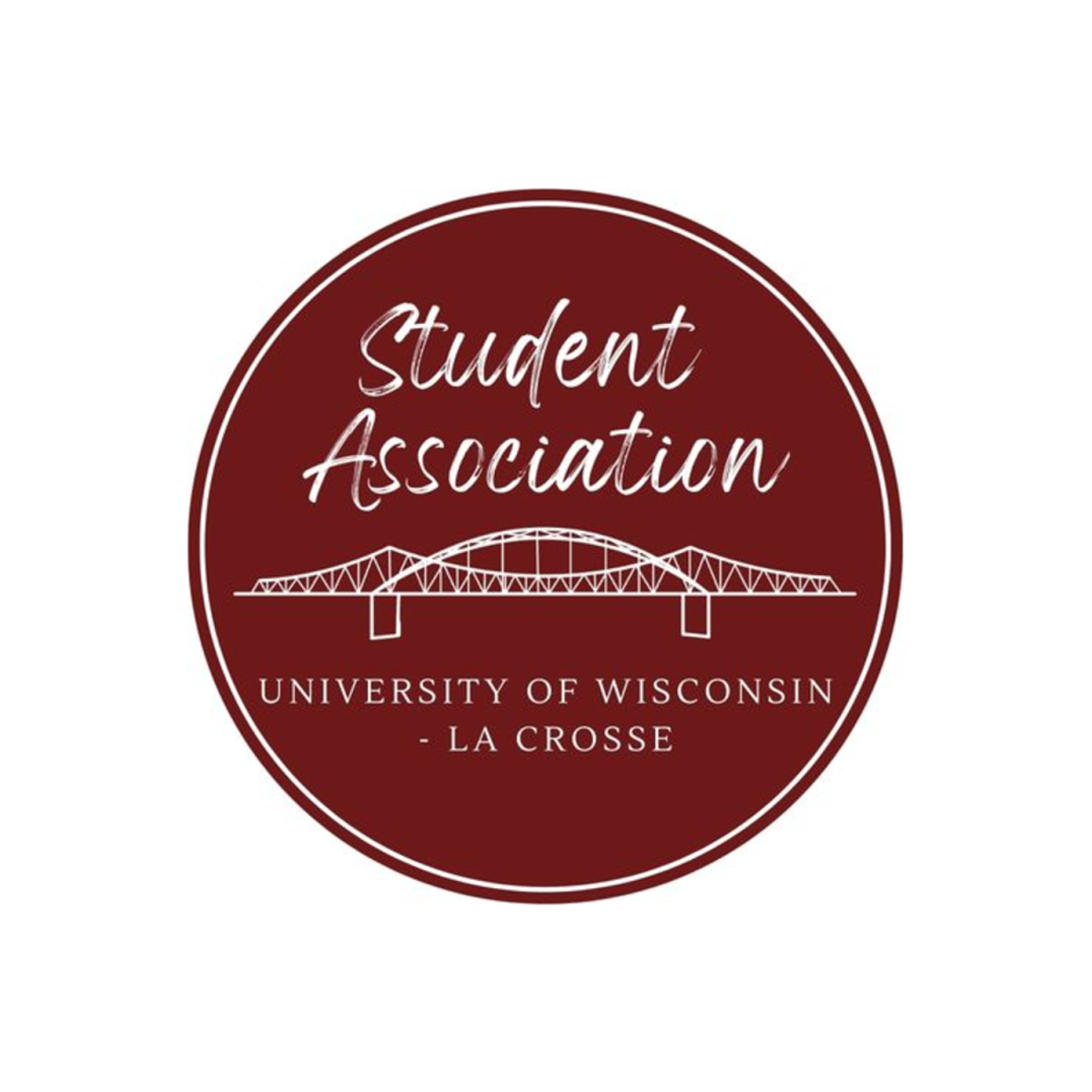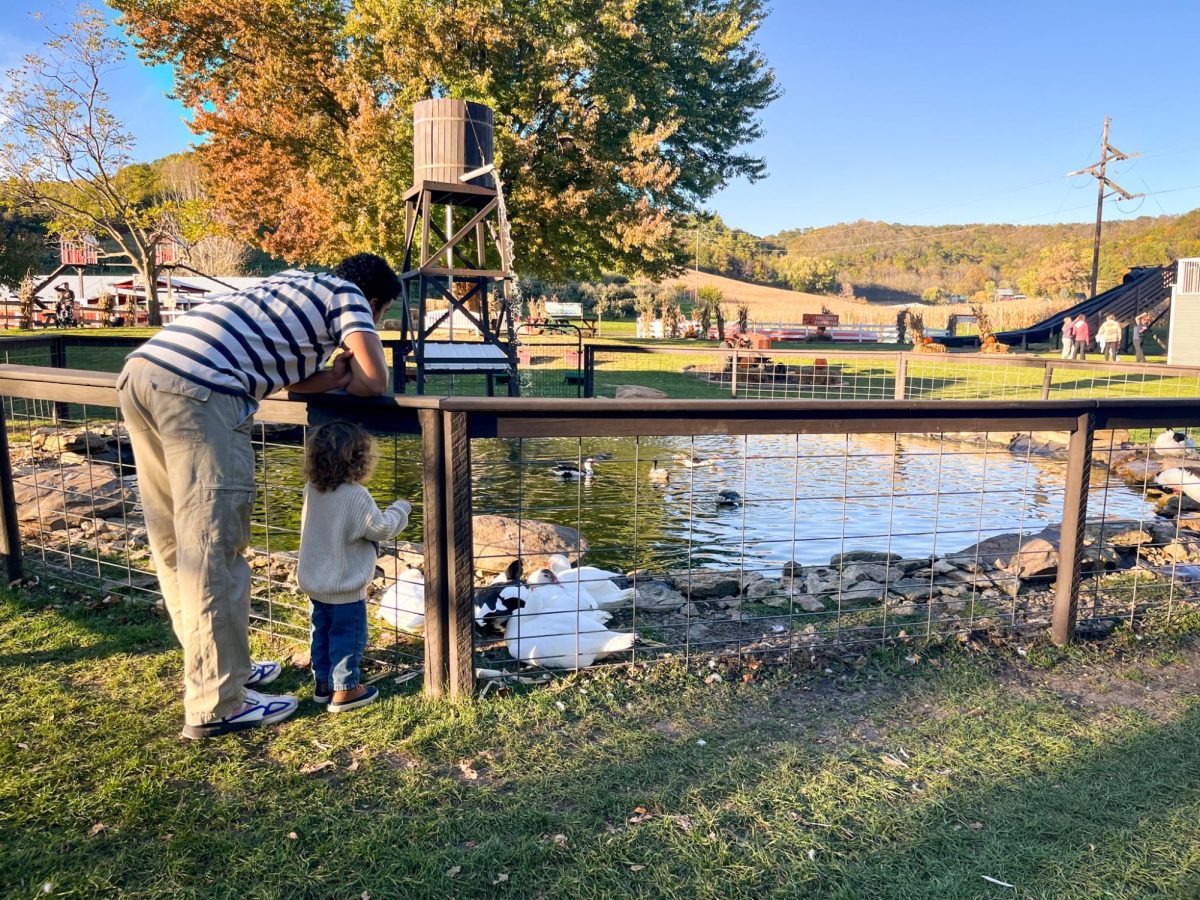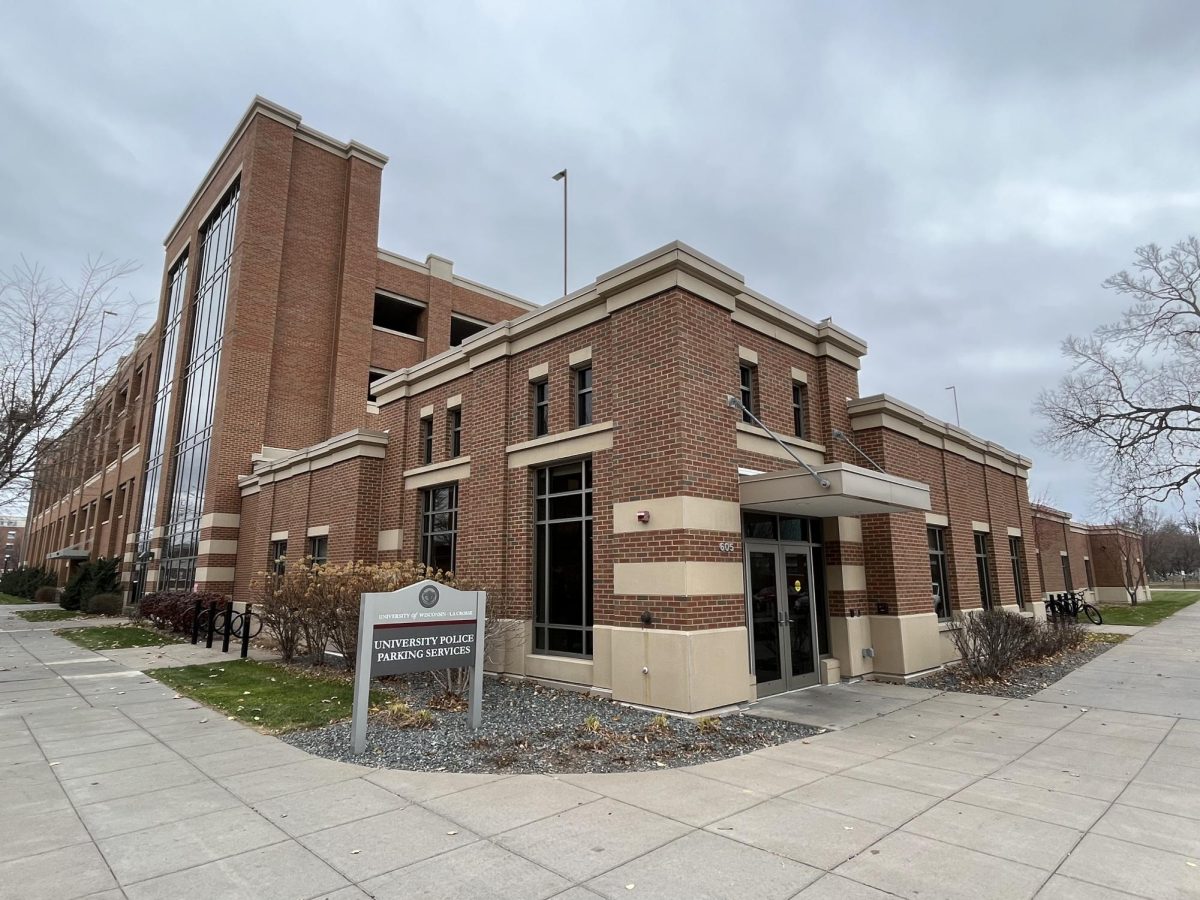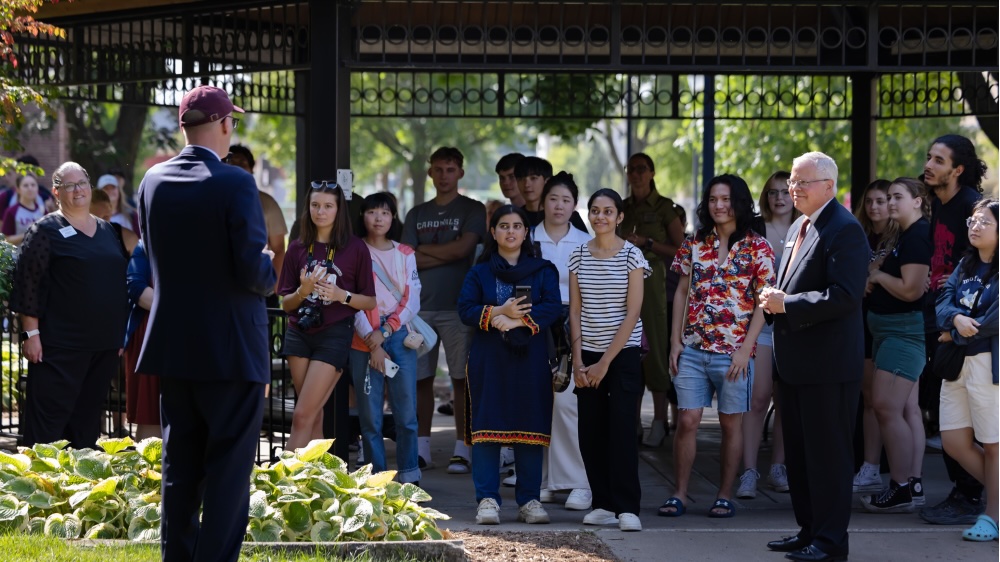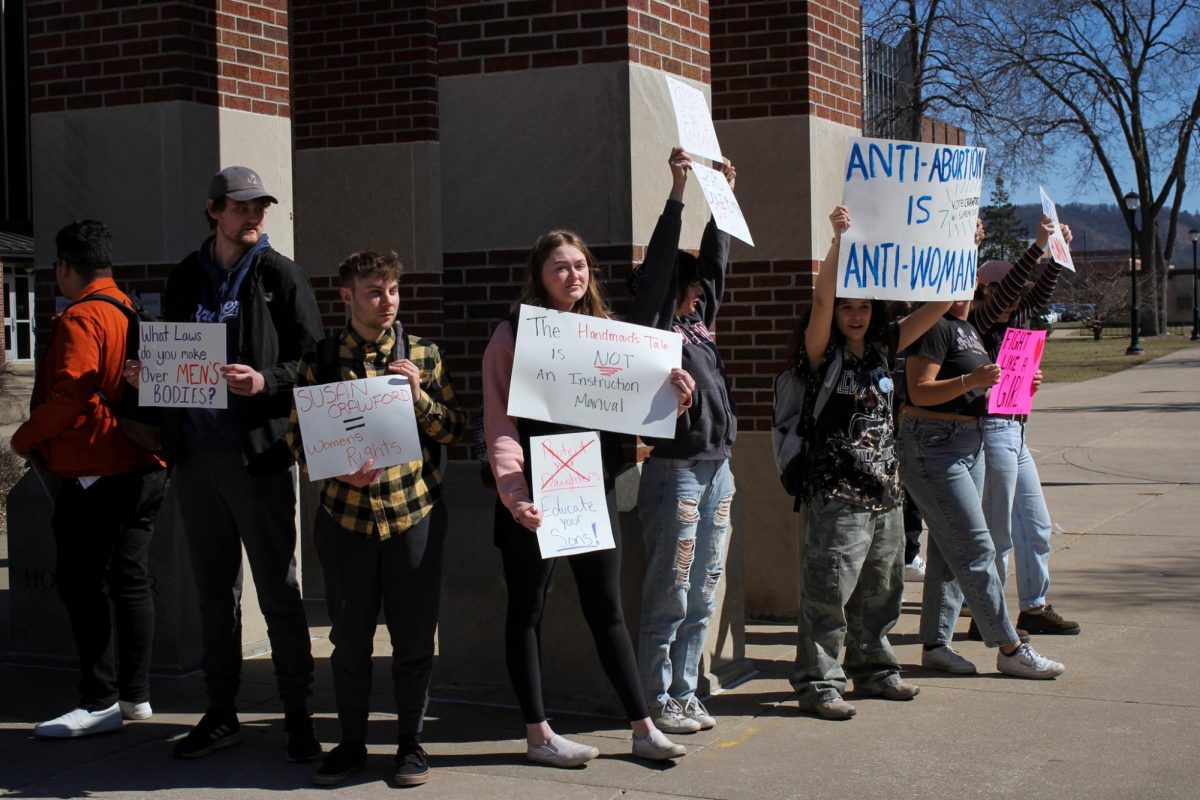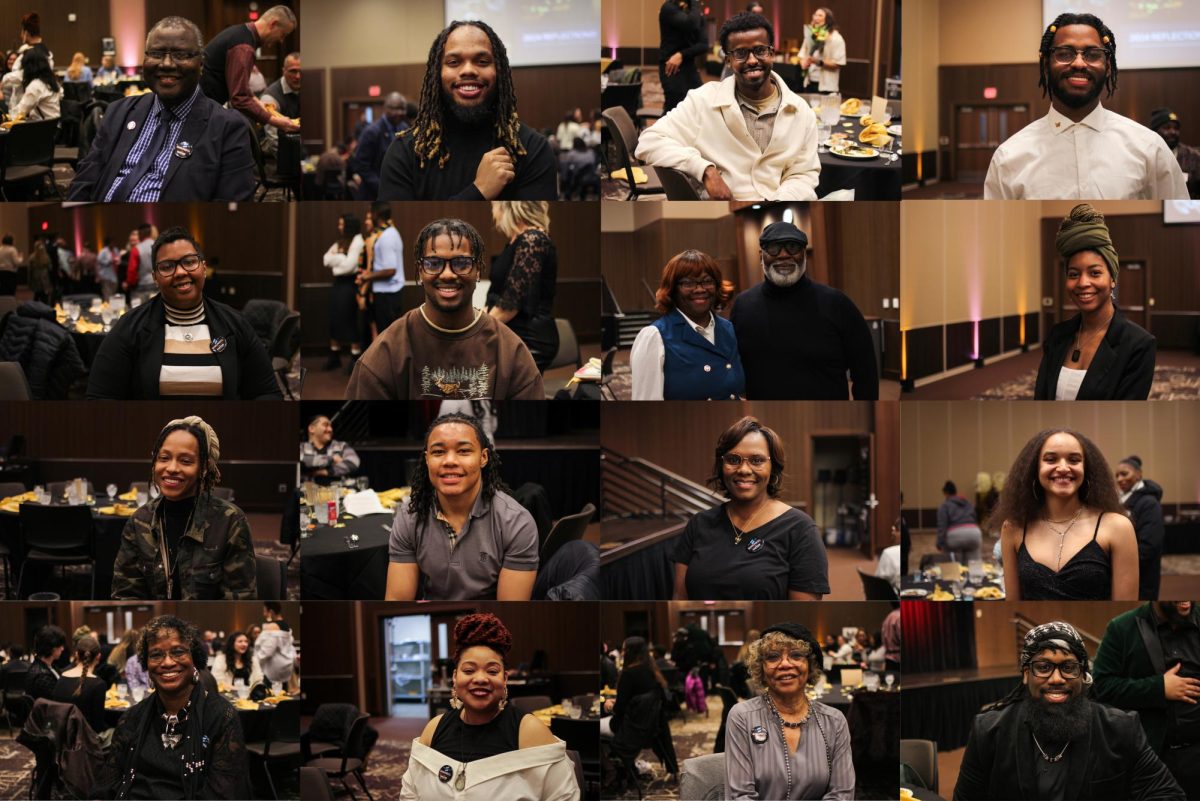The University of Wisconsin-La Crosse community celebrated its 2025 Social Justice Week from April 1 to April 3. This year’s theme was “Navigating New Horizons: Mapping Future Action,” which focused on fostering dialogue, education and action toward a more inclusive and equitable future.
Featured events included keynote speakers, workshops, discussions and more. Amongst these events was a presentation on the intersections of Title IX and Violence Prevention titled Title IX and Violence Prevention: Know Your Rights. It was presented by Deputy Title IX Coordinator Sarah Jackson and Violence Prevention Specialist Blythe McConaughey.
Jackson started by giving a summary of the responsibilities of the office of Title IX and defining sexual harassment.
“It’s important for you to remember, it’s [sexual harassment] unwelcome conduct… and it’s unwanted,” said Jackson. “As a person who’s receiving the information, as faculty, staff and employees of the university, not everyone is responsible to remember what is sexual harassment or what is not, I think our responsibility is just to make sure that we report it out so that the complainant or individual can get the support that they need.”
Jackson added that the office of Title IX provided supportive measures such as being excused from classes, temporary housing changes, safe escorts to and from classes and protection from retaliation or participating in a report.
Jackson emphasized confidentiality is protected in investigations.
“We report it up we don’t report it out,” said Jackson. “We won’t be sharing with staff except on a need to know basis only, we don’t share out with UPD (University Police Department)– only on a need to know basis only.”
Title IX states, “No person in the United States shall, on the basis of sex, be excluded from participation in, be denied the benefits of, or be subjected to discrimination under any education program or activity receiving Federal financial assistance.”
Jackson explained that in order to meet the threshold for Title IX, the complainant must be participating or attempting to participate in the education program or activity, that is UWL sponsored or affiliated. Examples also included athletes traveling to a competition, fraternity or sorority houses and students who live on and off campus.
An audience member asked whether this included incidents involving a student with an off-campus or non-UWL affiliated respondent (the person against whom an allegation of research misconduct is directed).
Jackson replied, “At that point the university does not have jurisdiction over the respondent but we do have jurisdiction over the complainant so we would make sure that we would offer supportive resources/measures, the best that we can to keep the student participating in their program or their activity.”
Jackson added that Title IX does not apply to foreign exchange or study abroad programs outside of the United States.
“The university can work with the officials in that host country where the offence may have occurred to facilitate any type of law enforcement process that would be happening there… but as it pertains to the federal legislation Title IX applies specifically to the United States,” said Jackson.
Jackson also included that ongoing reports or investigations don’t stop because a complainant or respondent graduates as the University still has to see through the investigation from start to finish.
Violence Prevention offers services such as connection to on and off campus police, counseling or off campus therapy, getting restraining orders, referrals to medical care (e.g. SANE exams), legal advocacy and more.
McConaughey explained that the Violence Prevention Department consists of “really good listeners.”
The organization will discuss with anyone to assist through things that happen when significant trauma has occurred like flashbacks, nightmares and triggers.
“We never turn anyone away,” said McConaughey.
McConaughey explained that the biggest difference between Title IX and Violence Prevention was that Title IX wasn’t completely confidential and Violence Prevention was, but both programs were extremely private. In violence prevention, other parties such as Title IX or family members can only get information if written permission is given by the student.
An audience member asked whether someone accused of a Title IV violation is removed from UWL campus while the investigation is ongoing.
Everyone is entitled to due process and the presumption of innocence until proven otherwise, because of this the rights of the respondent are protected.
“Until there is a full investigation [and] there is an outcome that has been determined as a finding of fault we just assume that parties are not responsible and so we have an obligation to protect both the complaint and the respondent under our title IX processes,” said Jackson.
Jackson added that the responsibility of the university is to stop, prevent and remedy. As a result, measures such as a mutual no contact directive or a change in temporary housing can be taken to stop the behaviors from occurring.
“That’s another good difference between Title IX and Violence Prevention,” said McConaughey. “Title IX is here to help everyone… respondents and complainants whereas violence prevention, we only support survivors and their loved ones.”
Audience members also asked about how the University went about informing the campus community of sexual assault occurrences.
McConaughey said that incidents of sexual assault are not typically shared with the general public unless there is a broader safety risk.
“It’s a really fine line between breach of confidentiality/privacy and education. We try to do both, we try to protect confidentiality but educate our campus community,” she said.
Jackson added that the annual security report for all UWL’s Clery Crimes were available in the Student Life Office and on their webpage.


